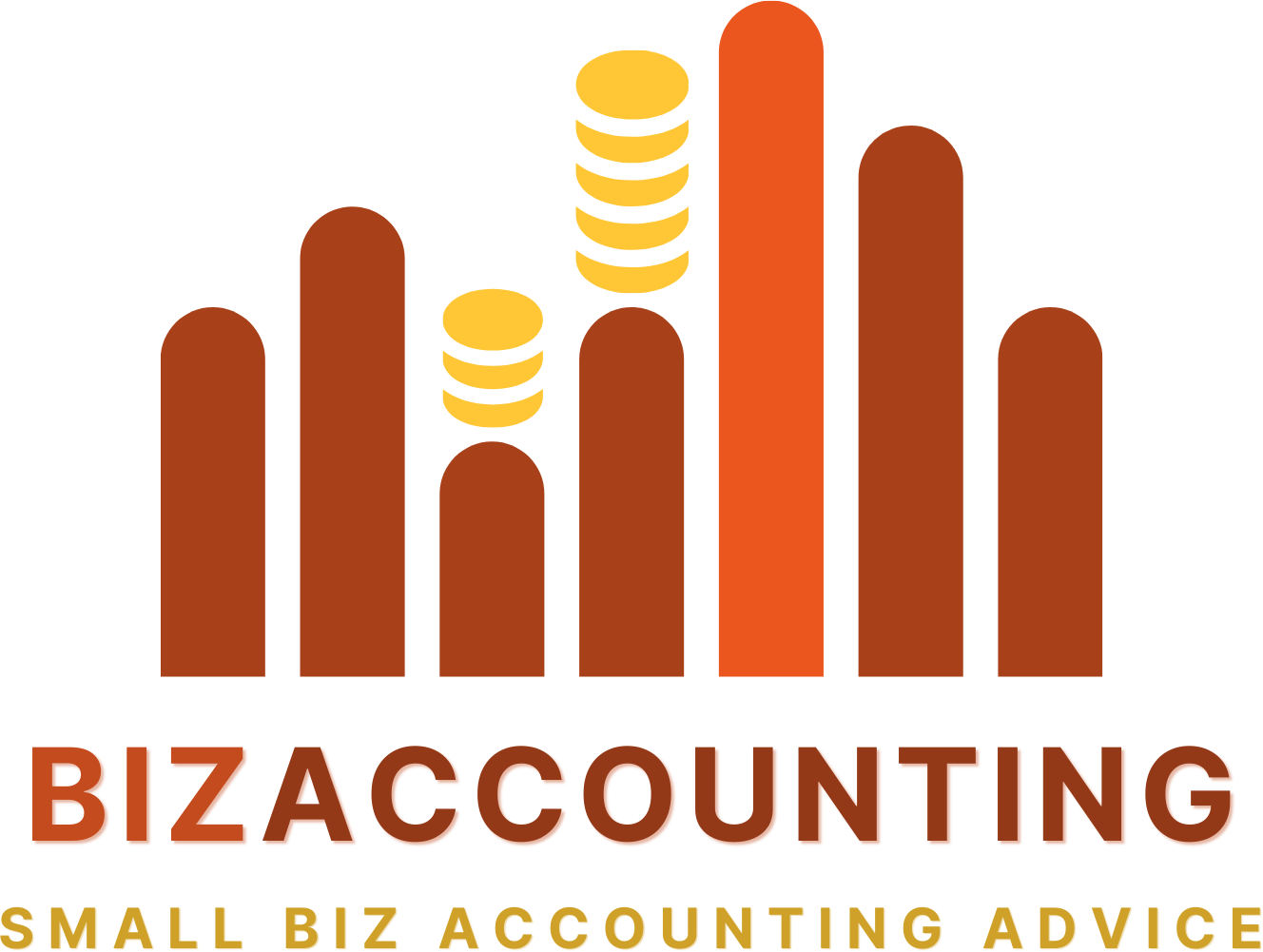GENERALLY ACCEPTED ACCOUNTING PRINCIPLES (GAAP)
are guidelines that businesses must adhere to when preparing financial statements. They provide consistency in the way a company records and reports its financial information. These principles are fundamental for companies of all sizes, from small startups to major corporations. Let’s take a look at what GAAP is and how it works.
THE ORIGINS OF GAAP
GAAP was first established in 1973 by the Financial Accounting Standards Board (FASB). Since then, these principles have been updated regularly based on the changing needs of businesses and the economy. The FASB is responsible for developing rules that govern how public companies should report their financial information both internally and externally. This includes rules related to accounting standards, auditing practices, financial statements, and more.
THE PURPOSE OF GAAP
The purpose of GAAP is to ensure that companies accurately report their financial information in a consistent manner across all entities in an industry or sector. It ensures that companies comply with applicable laws and regulations related to accounting practices. Finally, it serves as a benchmark for auditors so they can assess whether or not a company’s books are accurate and up-to-date with current standards.

WHY IS IT IMPORTANT
The most important reason for having a common set of accounting standards like GAAP is to ensure transparency between companies and investors. Without these standards in place, it would be impossible for investors to make informed decisions about where they should put their money because they wouldn’t have access to reliable financial data. In addition, having a common set of standards like GAAP allows companies to compare themselves against their peers on an apples-to-apples basis. This makes it easier for them to identify areas where they can improve their performance or capitalize on opportunities in new markets.
GAAP is an essential part of any business’s operations because it provides the framework for accurately reporting its financial information both internally and externally. It also serves as a tool for investors who need reliable data when deciding where to invest their money. Moreover, it ensures compliance with applicable laws and regulations related to accounting practices while providing auditors with a benchmark against which they can assess accuracy within a company’s books. All in all, understanding GAAP is invaluable for any business owner or finance professional!
